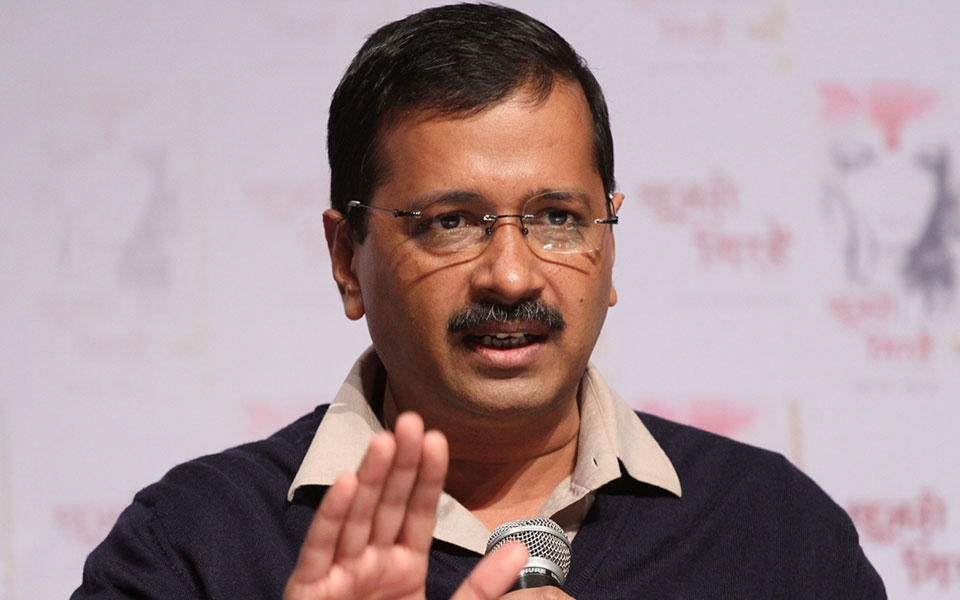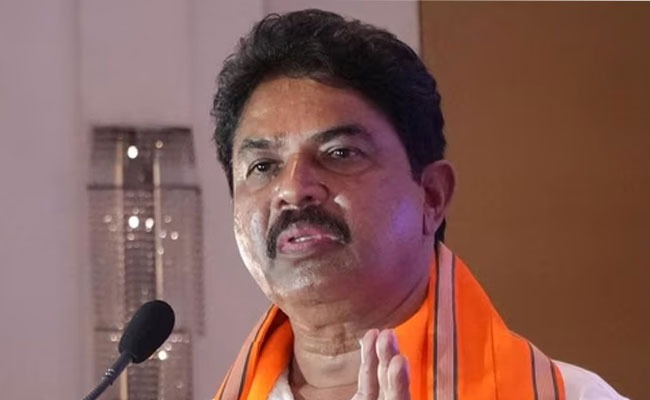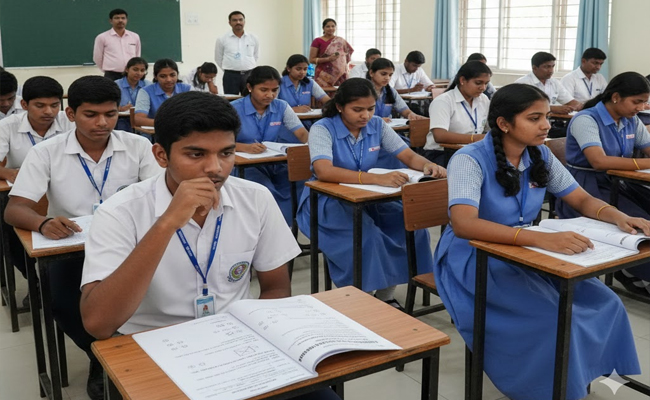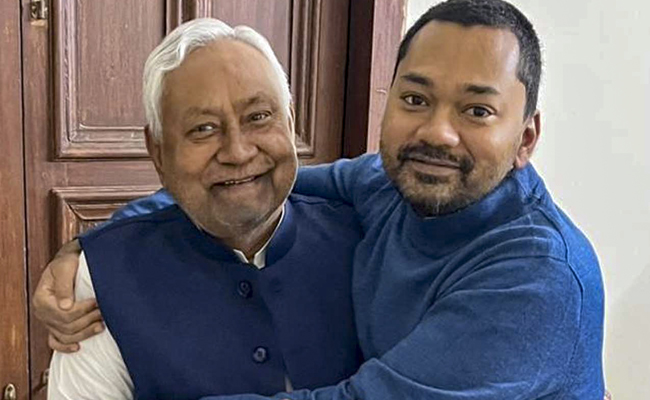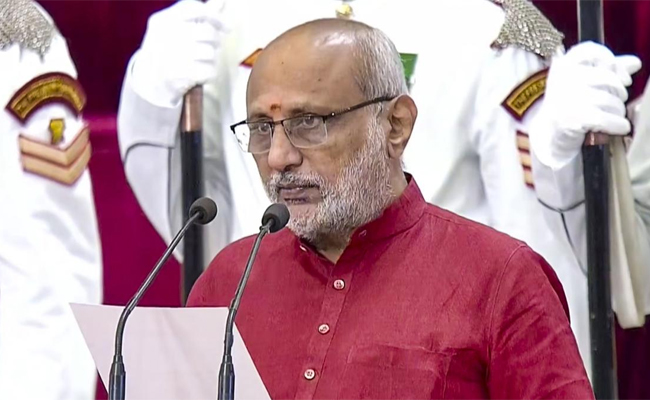New Delhi, July 1: Even as Delhi Chief Minister Arvind Kejriwal on Sunday blamed the Lt Governor for the inability to deliver in various spheres, the Aam Aadmi Party announced its plan to ramp up its campaign over its demand for full statehood to Delhi.
Addressing a gathering of thousands of AAP supporters, Ministers and MLAs here, Kejriwal said that if "Prime Minister Narendra Modi fulfils his promise of granting Delhi full statehood before the 2019 general elections, his party will once again win all seven Lok Sabha seats in the national capital. If not, then in the next election, he should be ready to be left empty-handed."
He said that it was the L-G (Anil Baijal) who had not let his government build "more Mohalla Clinics, educational institutions, ensure ration delivery at doorsteps and install CCTVs for the people of Delhi."
Deputy Chief Minister Manish Sisodia announced that the Aam Aadmi Party (AAP) will, in the next phase of "Dilli maange apna haq" (Delhi demands its right) campaign, will reach out to 10 lakh families here from July 3-25 for signatures in support of full statehood demand.
"Our party workers will go to every household in Delhi, along with a letter from (Chief Minister) Kejriwal, to sign a letter to demand full statehood for Delhi. We will then deliver these signed letters to Prime Minister Narendra Modi," he said.
Addressing the gathering, Cabinet Minister Gopal Rai exhorted everyone present to actively participate in the campaign, as the AAP plans to open at least 3,000 centres throughout the national capital for the purpose.
"Anyone who wishes to volunteer at out campaign centres can dial 7065049000. Take the forms from the centre, get it signed and submit the form there again. From there, these will be sent along with the Chief Minister's letter to Modi," Rai said.
Kejriwal announced that submission of 10 lakh letters to Modi was just the first phase of his party's programme in respect of its demand.
"The AAP will continue their fight for the people of Delhi and continue the campaign until each and every resident of Delhi is covered," he said.
Since the central government says that Delhi is the national capital and hence cannot be given full statehood, Kejriwal suggested that while the areas under the New Delhi Municipal Council (NDMC) can come under the central government, the rest of Delhi should be given full statehood.
"The NDMC zone, where all the dignitaries live, should be handled by the central government and remaining Delhi should be given full statehood so that when the time comes, the people can demand answers from the state government," the Chief Minister said.
Talking about his "incomplete" project of building at least 1,000 Mohalla Clinics, the AAP national convenor said: "The clinics which offer free medicines and treatment is now known around the world for its facilities but the L-G will still not let us build anymore clinics here. Nonetheless, six leaders from six countries will visit the existing 150 clinics on September 6, which just shows the success of our project."
Towards the end of the meeting, Kejriwal said that the people of Delhi will fight and if the L-G doesn't support this, then he might as well be the "last L-G of Delhi".
Let the Truth be known. If you read VB and like VB, please be a VB Supporter and Help us deliver the Truth to one and all.
Bengaluru (PTI): Karnataka expects maturity from its Chief Minister, not impulsive commentary on sensitive global affairs, Leader of Opposition in the state Legislative Assembly R Ashoka said on Tuesday.
Ashoka's comments came in response to CM Siddaramaiah’s recent post on ‘X’ regarding US-Iran tensions.
“While speaking of peace, it (US) has chosen the path of war,” the CM had said in the post, as he “strongly condemned” the contradiction, and expressed condolences on the killing of Iran’s supreme leader Ayatollah Ali Khamenei.
Taking to X, Ashoka said, “Karnataka expects maturity from its Chief Minister, not impulsive commentary on sensitive international matters.”
ALSO READ: Bengaluru: Bommai urges govt to build consensus on internal reservation
“India’s foreign policy is determined in New Delhi with strategic depth and national interest as its guiding principle. It is not shaped or driven by domestic vote-bank compulsions or electoral calculations,” he said.
According to him, responsible leaders exercise restraint when global tensions are escalating.
The BJP leader also drew parallels to past incidents, especially Operation Sindoor, where he claimed Siddaramaiah's remarks "created unnecessary controversy and embarrassment for our State, even being amplified and finding applause in hostile foreign media.”
“And now, once again, instead of statesmanship, we are witnessing knee-jerk reactions rooted in appeasement politics,” he said.
Ashoka further said foreign policy is not a stage for ideological posturing.
“It is about safeguarding India’s sovereignty, maintaining strategic balance, and strengthening our global standing,” he said.
Karnataka deserves leadership that reinforces India’s voice on the world stage, not statements that are conveniently celebrated by those who do not wish our nation well, he added.
Ashoka reminded the Chief Minister that his words carry weight and urged him to "rise above partisan calculations" and uphold the dignity of his office.

